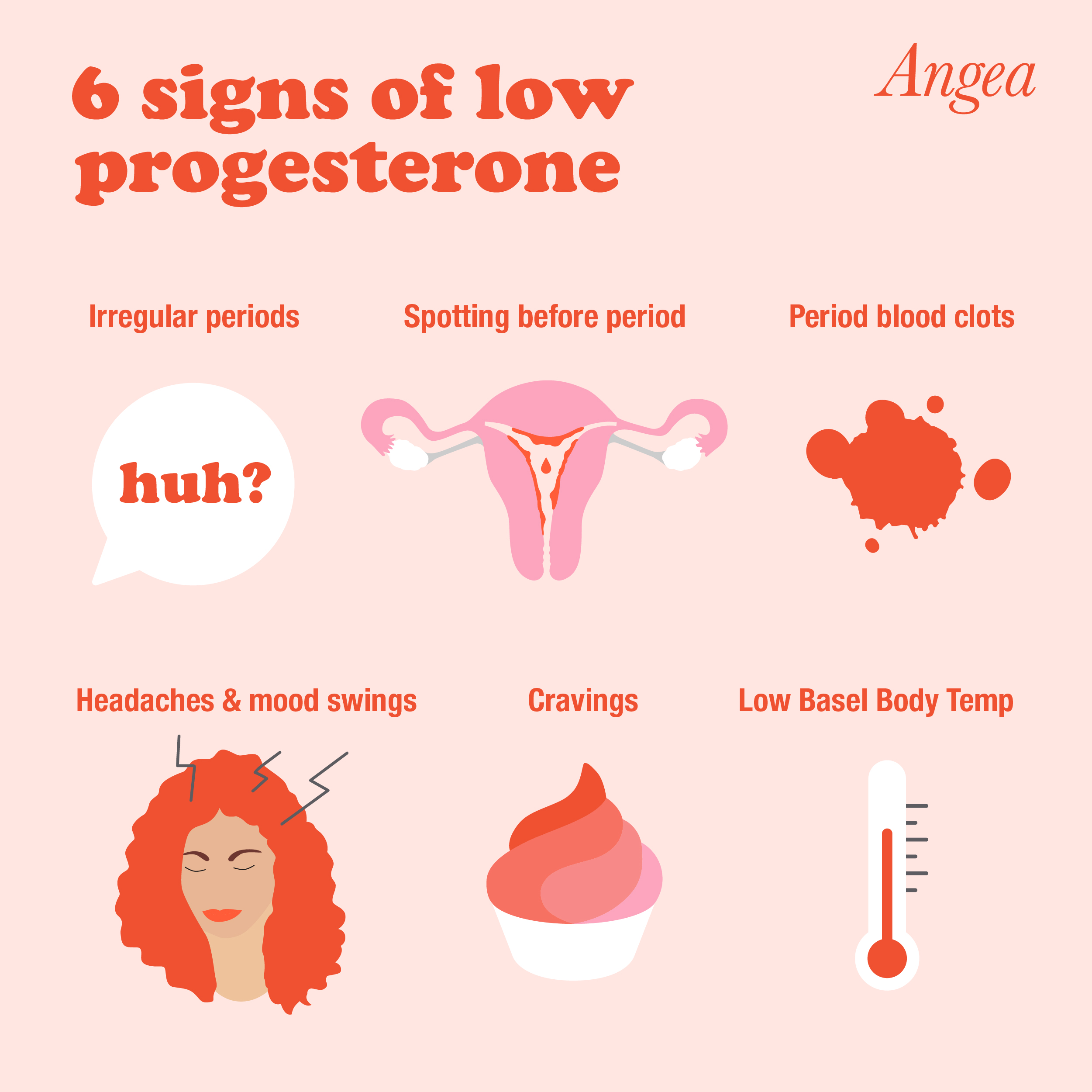
Low Progesterone in Pregnancy: Causes, Symptoms, and Treatment
Progesterone is a hormone that plays a crucial role in maintaining a healthy pregnancy. It helps prepare the uterus for implantation, supports the growth of the uterine lining, and prevents premature contractions. However, low progesterone levels during pregnancy can lead to various complications.
Causes of Low Progesterone in Pregnancy
The exact cause of low progesterone in pregnancy is often unknown. However, certain factors can increase the risk of progesterone deficiency:
- Corpus luteum insufficiency: The corpus luteum is a temporary structure that forms on the ovary after ovulation. It produces progesterone during the early stages of pregnancy. If the corpus luteum does not function properly, it may not produce enough progesterone.
- Placental insufficiency: The placenta is an organ that develops in the uterus during pregnancy. It produces progesterone and other hormones essential for fetal development. Placental insufficiency can occur due to various factors, such as placental abruption, previa, or infection.
- Medical conditions: Certain medical conditions, such as polycystic ovary syndrome (PCOS) or thyroid disorders, can affect progesterone production.
- Medications: Some medications, such as certain anti-inflammatory drugs or birth control pills, can interfere with progesterone production.
- Genetic factors: In rare cases, genetic mutations can affect the production or function of progesterone.
Symptoms of Low Progesterone in Pregnancy
Low progesterone levels during pregnancy can cause a range of symptoms, including:
- Vaginal bleeding or spotting: Progesterone helps maintain the integrity of the uterine lining. Low levels can lead to vaginal bleeding or spotting, especially in the first trimester.
- Abdominal pain or cramping: Progesterone relaxes the muscles of the uterus. Low levels can cause uterine contractions, leading to abdominal pain or cramping.
- Breast tenderness: Progesterone helps prepare the breasts for breastfeeding. Low levels can result in decreased breast tenderness or sensitivity.
- Fatigue: Progesterone can affect energy levels. Low levels may contribute to fatigue or exhaustion.
- Mood swings: Progesterone can influence mood. Low levels may cause irritability, anxiety, or depression.
- Infertility: Low progesterone levels can make it difficult to conceive or maintain a pregnancy.
Complications of Low Progesterone in Pregnancy
Untreated low progesterone levels during pregnancy can lead to serious complications, such as:
- Miscarriage: Progesterone is essential for maintaining a healthy uterine lining. Low levels can increase the risk of miscarriage, especially in the first trimester.
- Preterm labor: Progesterone helps prevent premature contractions. Low levels can weaken the cervix and lead to preterm labor.
- Intrauterine growth restriction (IUGR): Progesterone supports fetal growth. Low levels can restrict fetal growth and development.
- Placental abruption: Progesterone helps maintain the integrity of the placenta. Low levels can increase the risk of placental abruption, a condition where the placenta separates from the uterine wall.
Diagnosis of Low Progesterone in Pregnancy
Low progesterone levels are typically diagnosed through a blood test. The doctor may order a blood test if you experience symptoms suggestive of low progesterone or have a history of pregnancy complications related to progesterone deficiency.
Treatment of Low Progesterone in Pregnancy
The treatment for low progesterone in pregnancy involves supplementing with progesterone. Progesterone can be administered in various forms, including:
- Vaginal suppositories: Progesterone suppositories are inserted into the vagina, where they release the hormone directly into the uterus.
- Intramuscular injections: Progesterone injections are given directly into the muscle.
- Oral capsules: Progesterone capsules are taken by mouth.
The type of progesterone supplementation and dosage will depend on the severity of the progesterone deficiency and the individual patient’s needs.
Monitoring and Follow-Up
Women with low progesterone in pregnancy will need regular monitoring to assess the effectiveness of treatment and the overall health of the pregnancy. This may include:
- Blood tests: Regular blood tests will be performed to monitor progesterone levels and ensure they are within the desired range.
- Ultrasound scans: Ultrasound scans may be used to monitor fetal growth and development.
- Cervical length measurements: Cervical length measurements may be performed to assess the risk of preterm labor.
Prevention of Low Progesterone in Pregnancy
There is no sure way to prevent low progesterone in pregnancy. However, certain measures may help reduce the risk:
- Maintaining a healthy weight: Obesity can affect hormone production, including progesterone.
- Eating a balanced diet: A healthy diet provides the nutrients necessary for hormone production.
- Managing stress: Stress can interfere with hormone balance.
- Getting enough sleep: Sleep is essential for overall health and hormone regulation.
- Avoiding smoking and alcohol: Smoking and alcohol can affect hormone production.
Conclusion
Low progesterone in pregnancy can have significant consequences for the health of the mother and the baby. However, with proper diagnosis and treatment, most women with low progesterone can have a healthy pregnancy and deliver a healthy baby. It is important to seek medical attention if you experience any symptoms suggestive of low progesterone or have a history of pregnancy complications related to progesterone deficiency.